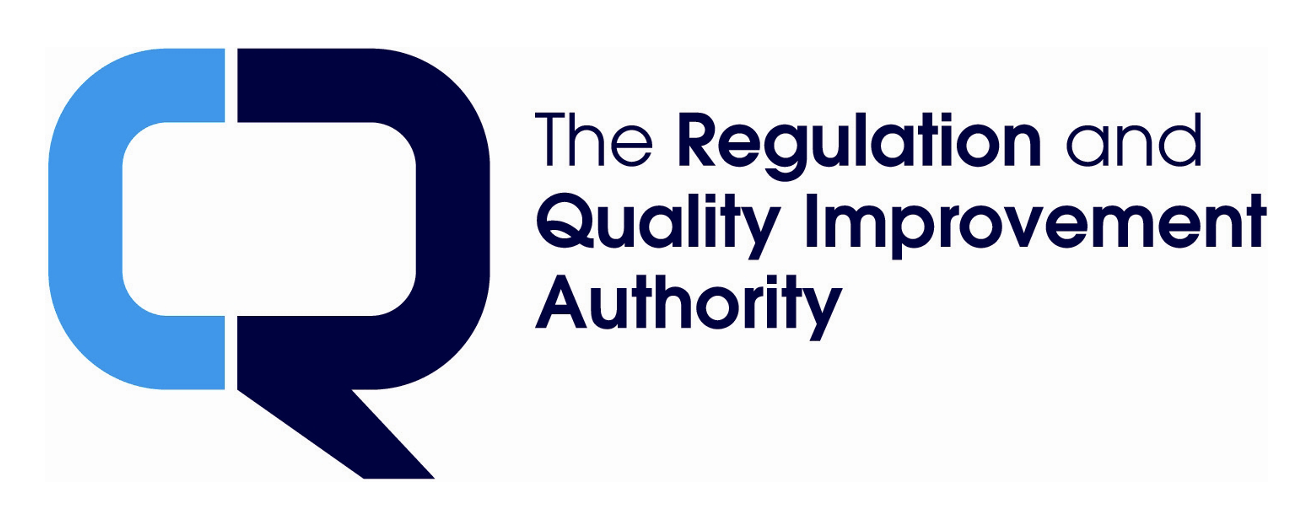EXCELLENCE in Cataract Care
Solasta Healthcare is a provider of premium cataract surgery and our vision is to become the leading light in ophthalmology patient care.
At our new clinic in The Boulevard, Banbridge we pride ourselves on staying at the forefront of advancements in cataract surgery to deliver Excellence in Cataract Care.
Our People include a team of skilled and experienced local surgeons, clinical and administrative staff. From the moment you step into our clinic, you will be greeted by a warm and compassionate team who will guide you through every step of your cataract surgery journey.
Our Technology and superior lens choice allows us to offer a personalised approach to each patient, understanding their unique needs and goals. Our vision is to deliver the best visual outcomes and best patient experience.
Our Clinic location has been carefully selected to provide the safest and easiest access for our patients across a single ground floor with multiple dedicated free parking spaces just metres from our clinic entrance.
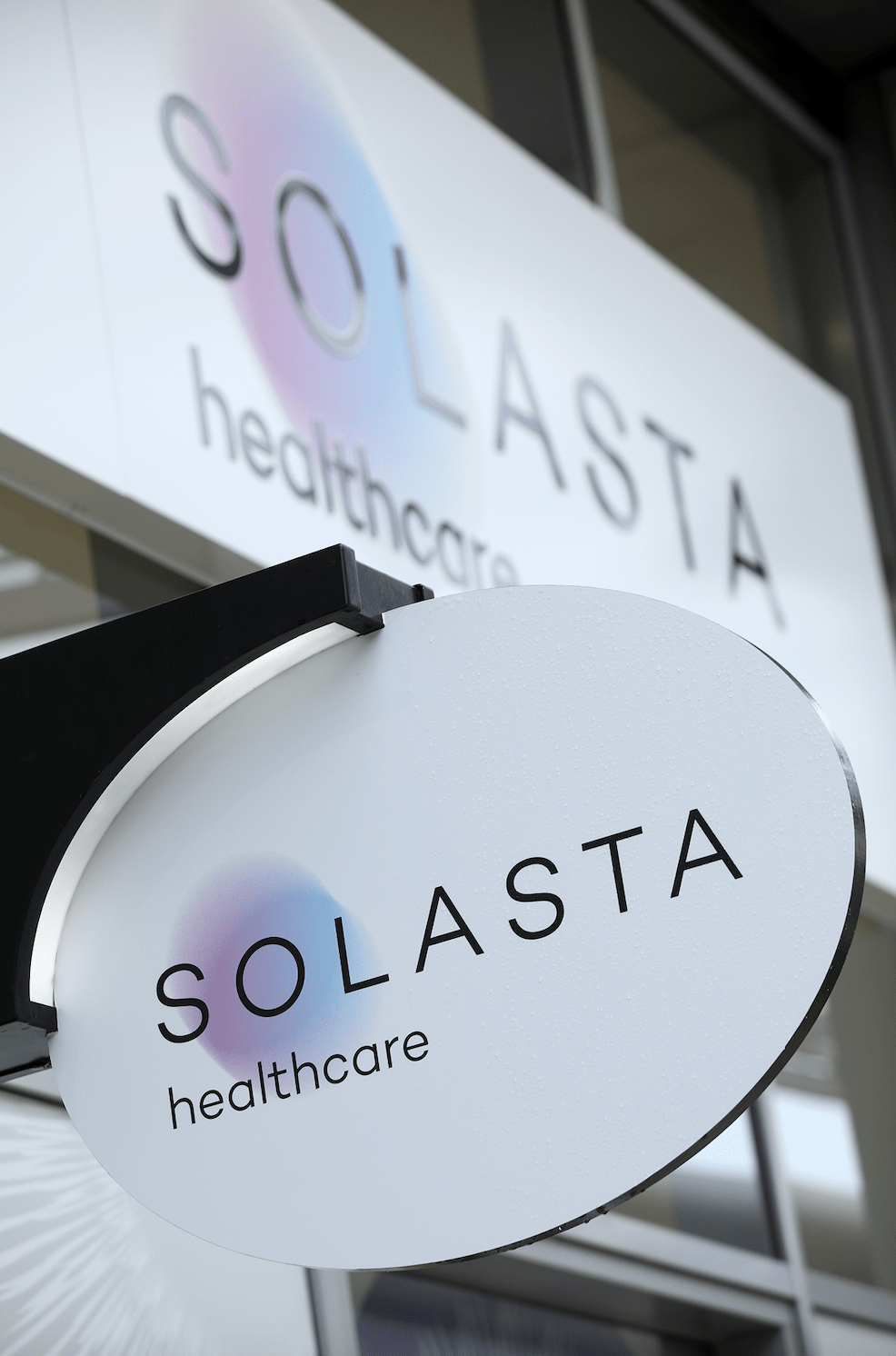
Our People
An established team of local consultant surgeons and specialist clinical and administrative staff ensure the highest level of surgical expertise and patient centred care.
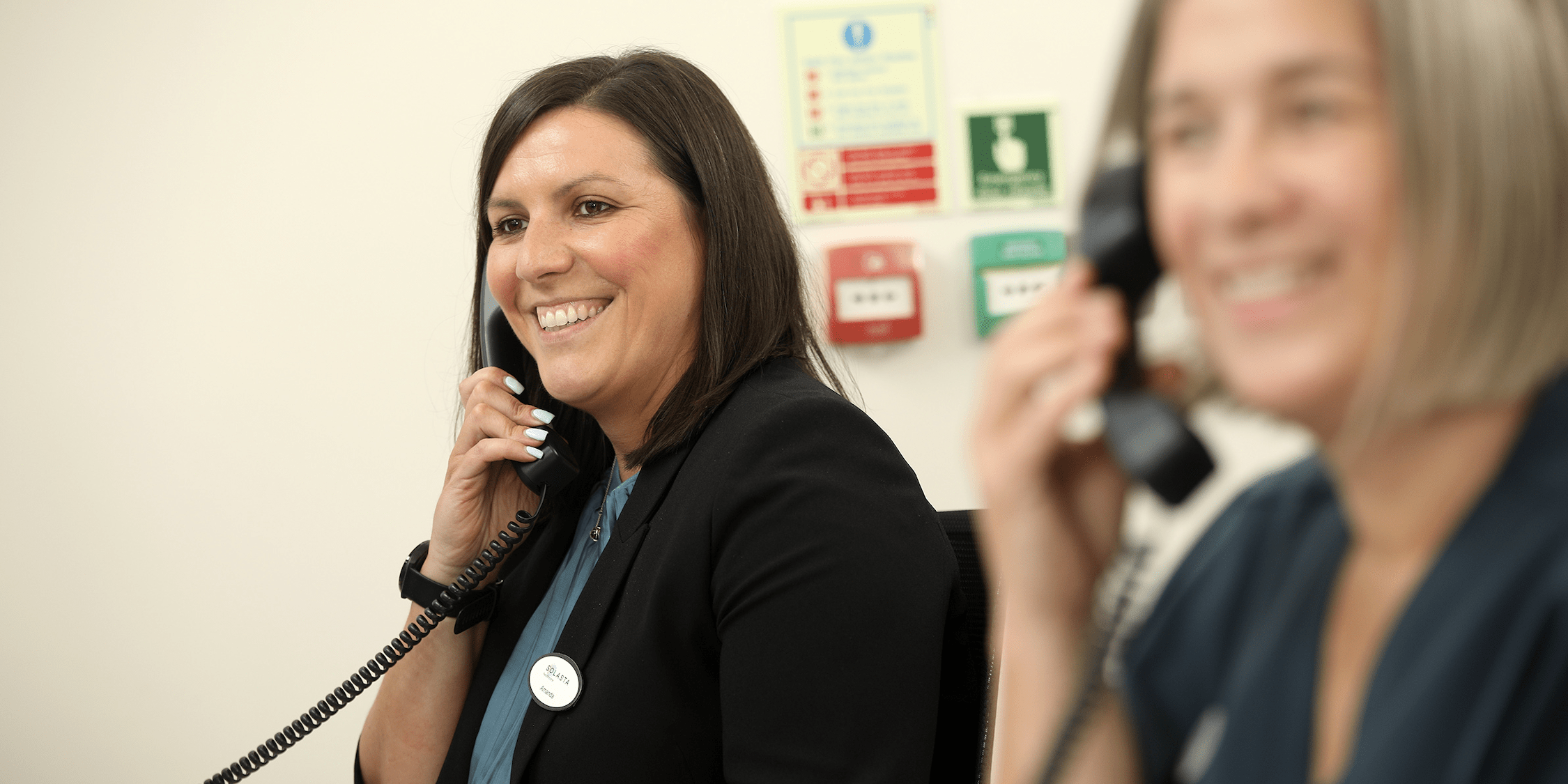
Our Technology
Solasta Healthcare lead the way with the latest surgical equipment and cutting edge lens technology to ensure the best possible patient comfort, safety and visual outcomes.
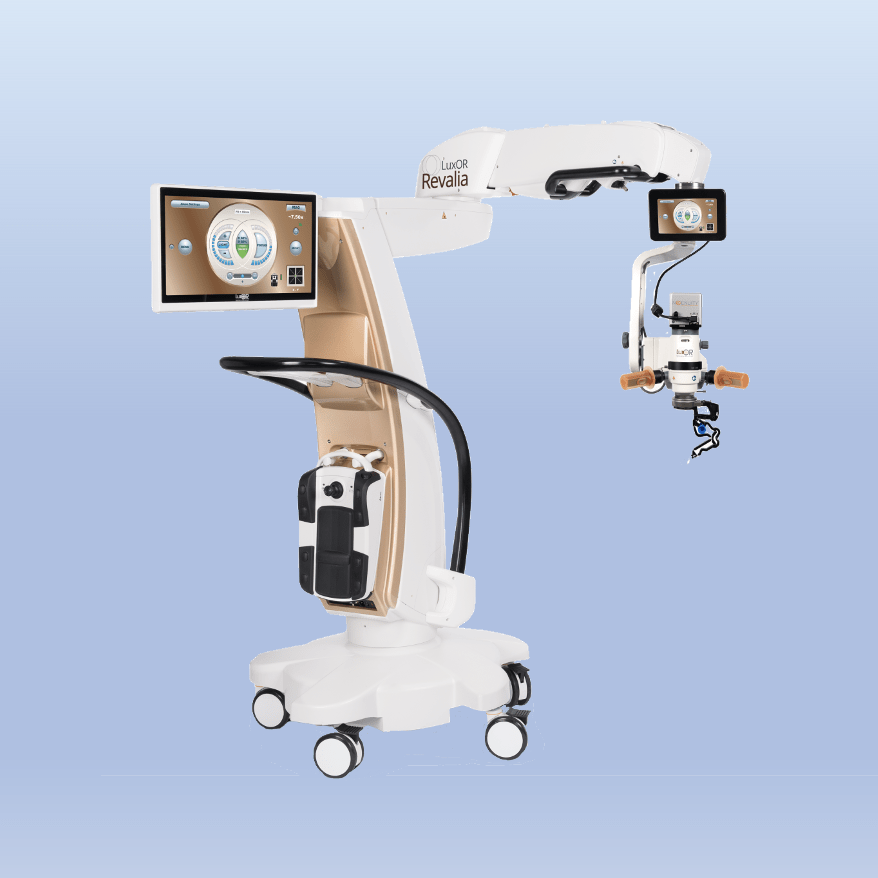
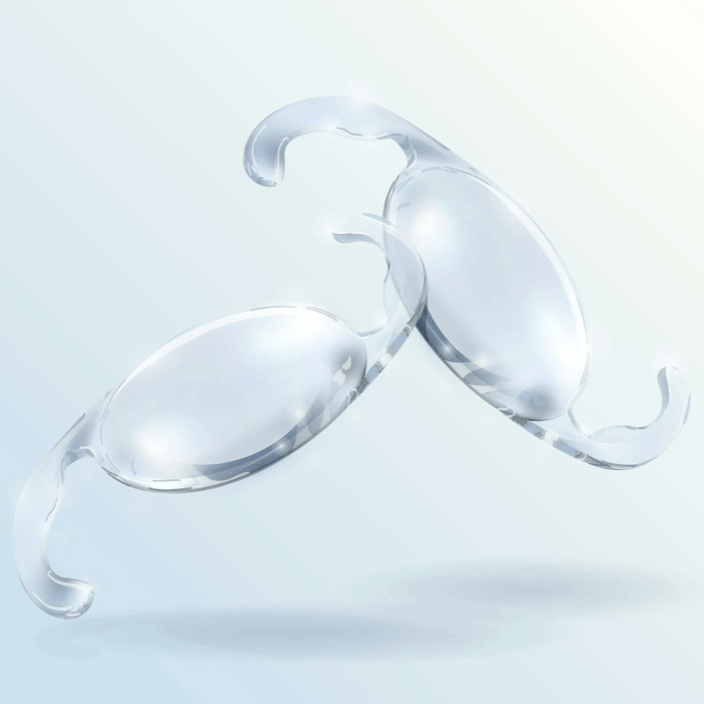
Our Clinic
Our unique clinic location has been carefully selected to provide the safest and easiest access for our patients across a single ground floor with multiple dedicated free parking spaces just metres from our clinic entrance.
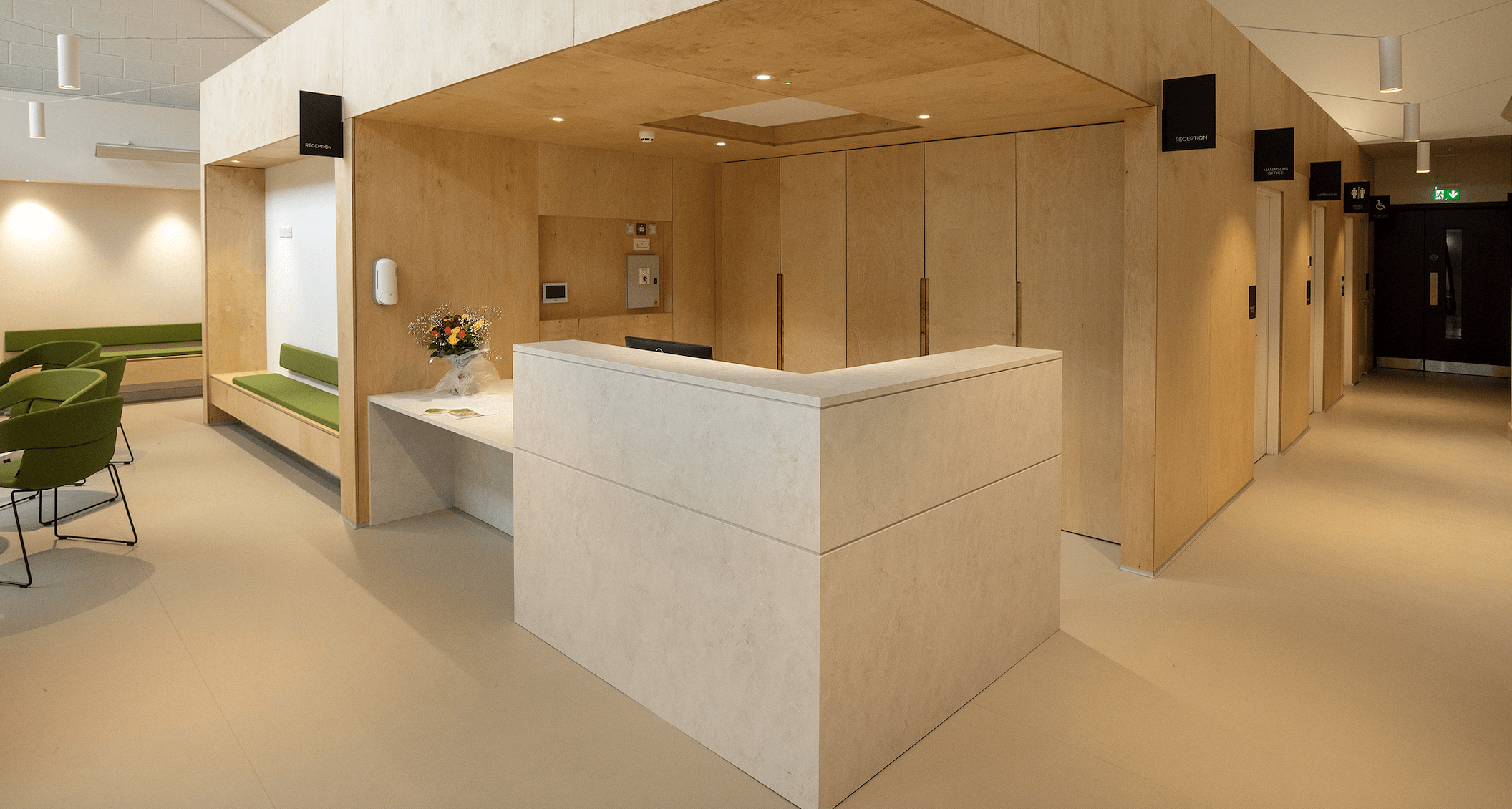
Treatment Options
Not all cataract surgery is the same.
Solasta Healthcare is a provider of premium cataract surgery and we are the premier location for Cross Border Healthcare patients.


Patient Journey
Our surgeons and staff have the knowledge and expertise to provide unrivalled treatment to each and every patient, from referral to recovery.
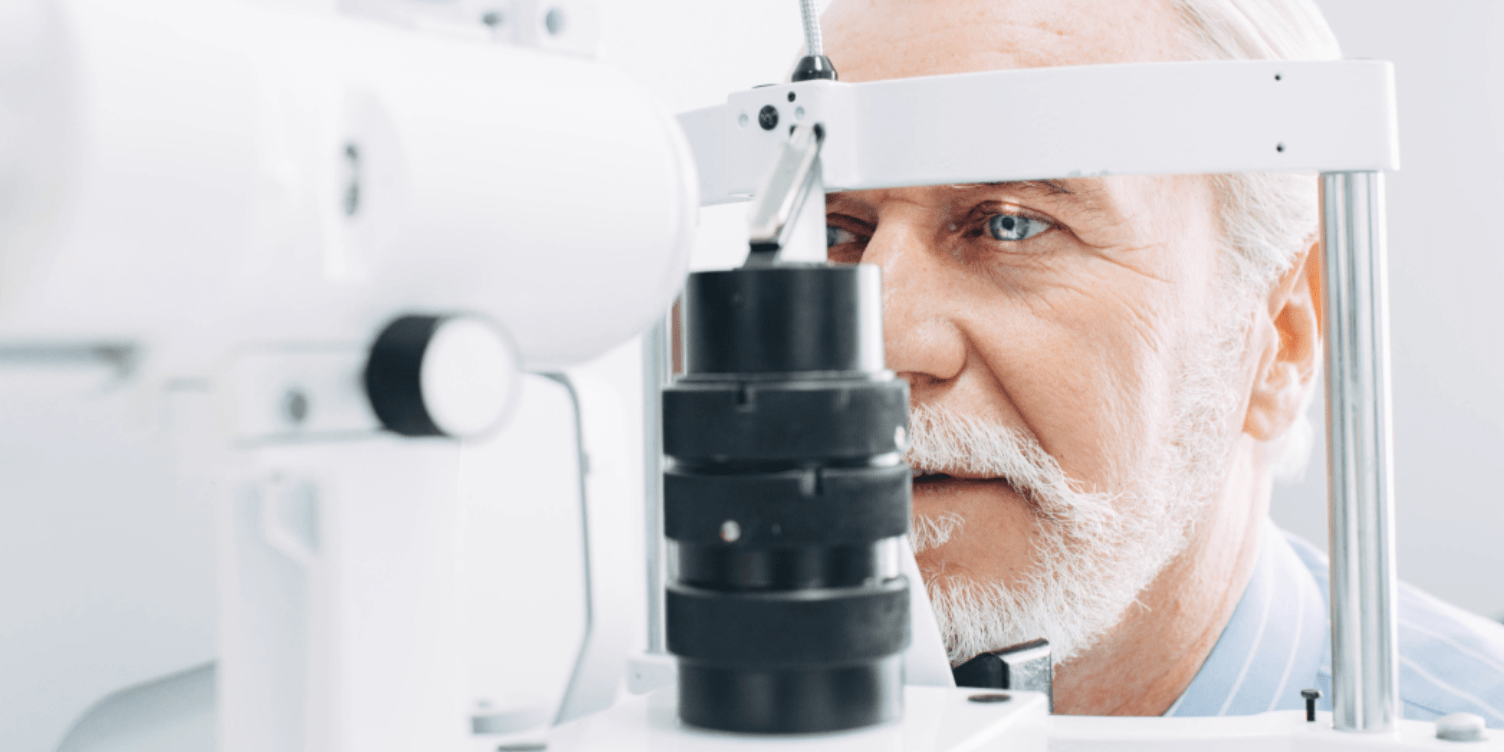
START your cataract journey to see better TODAY
Partnerships
